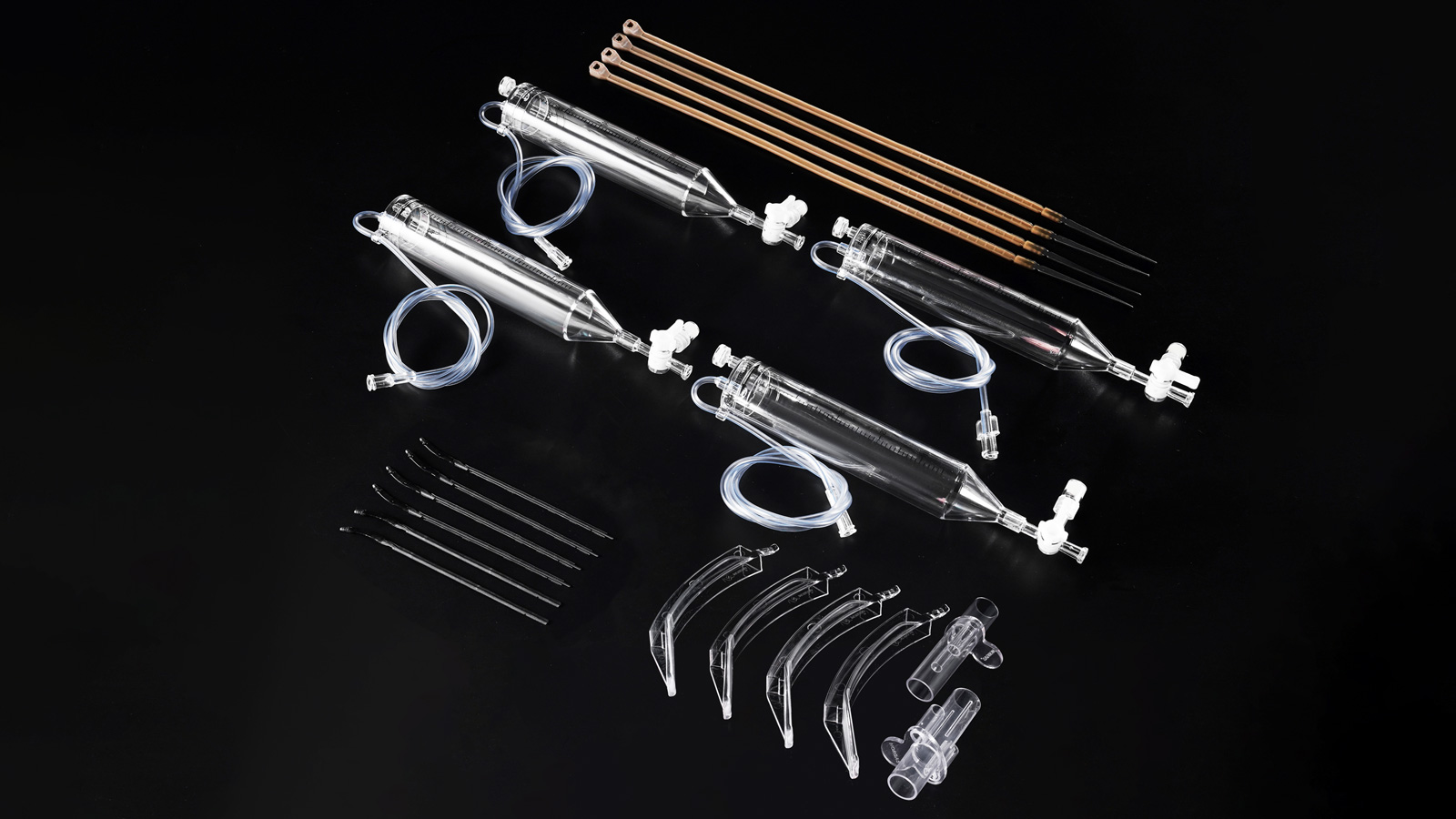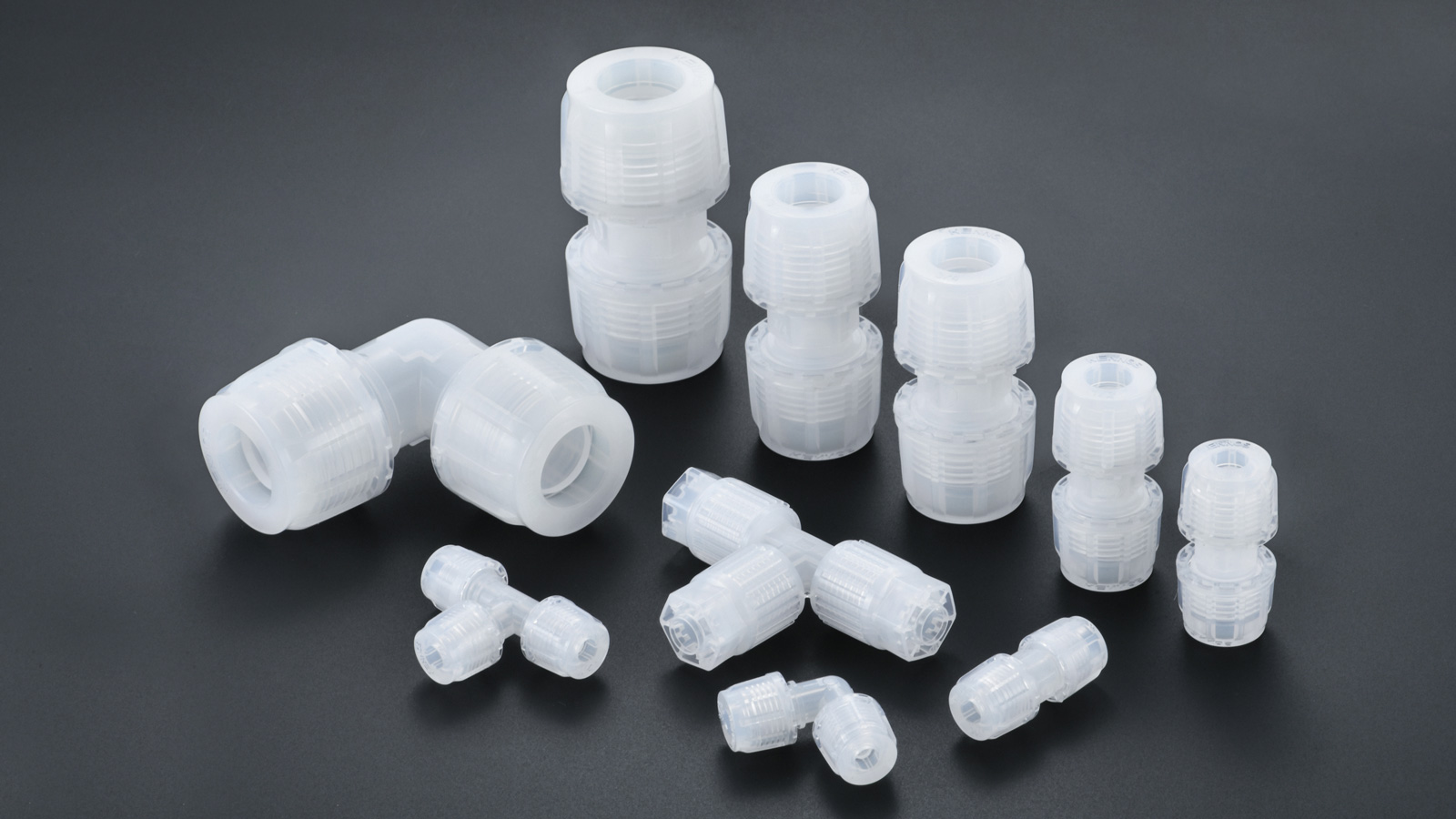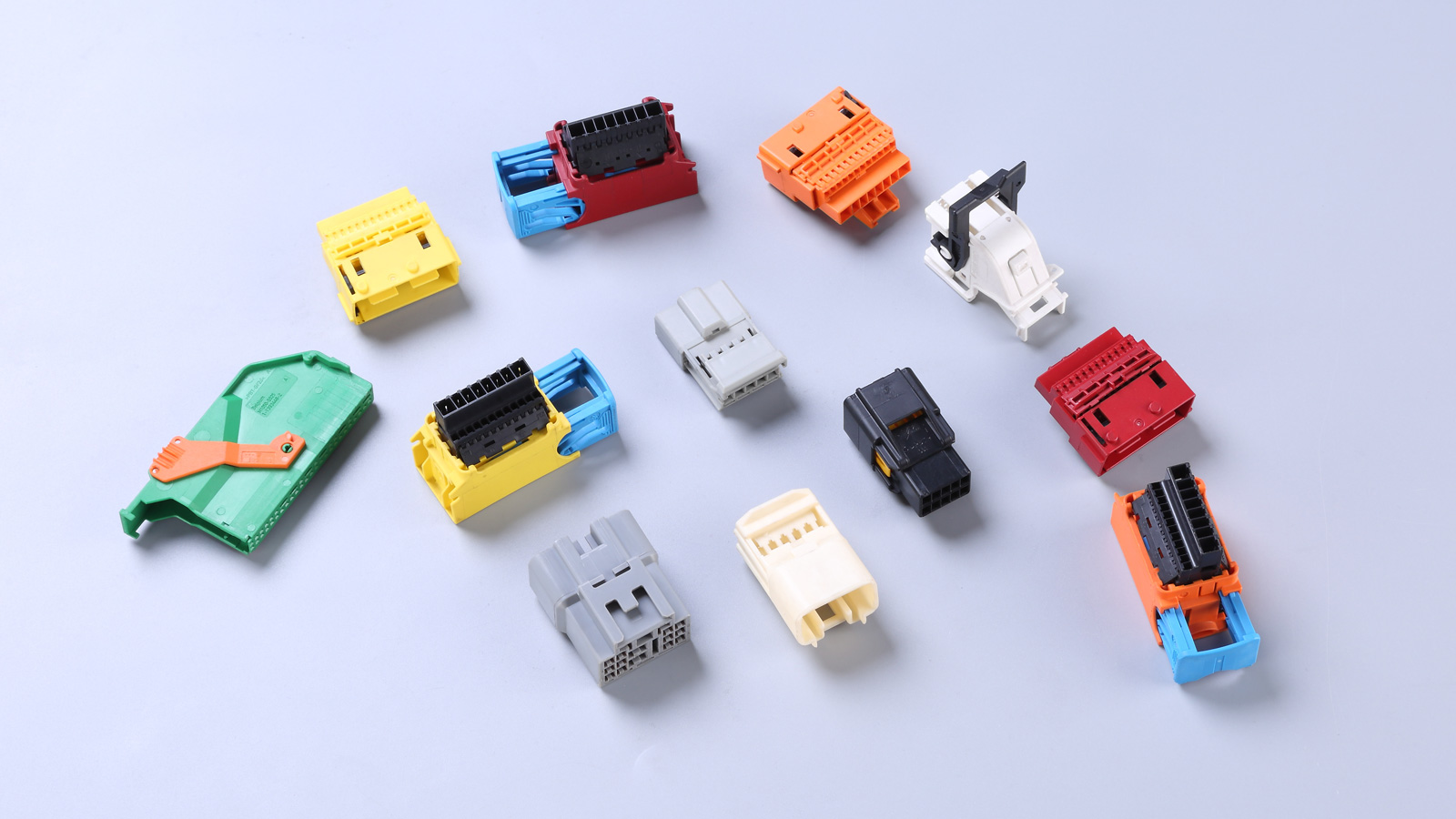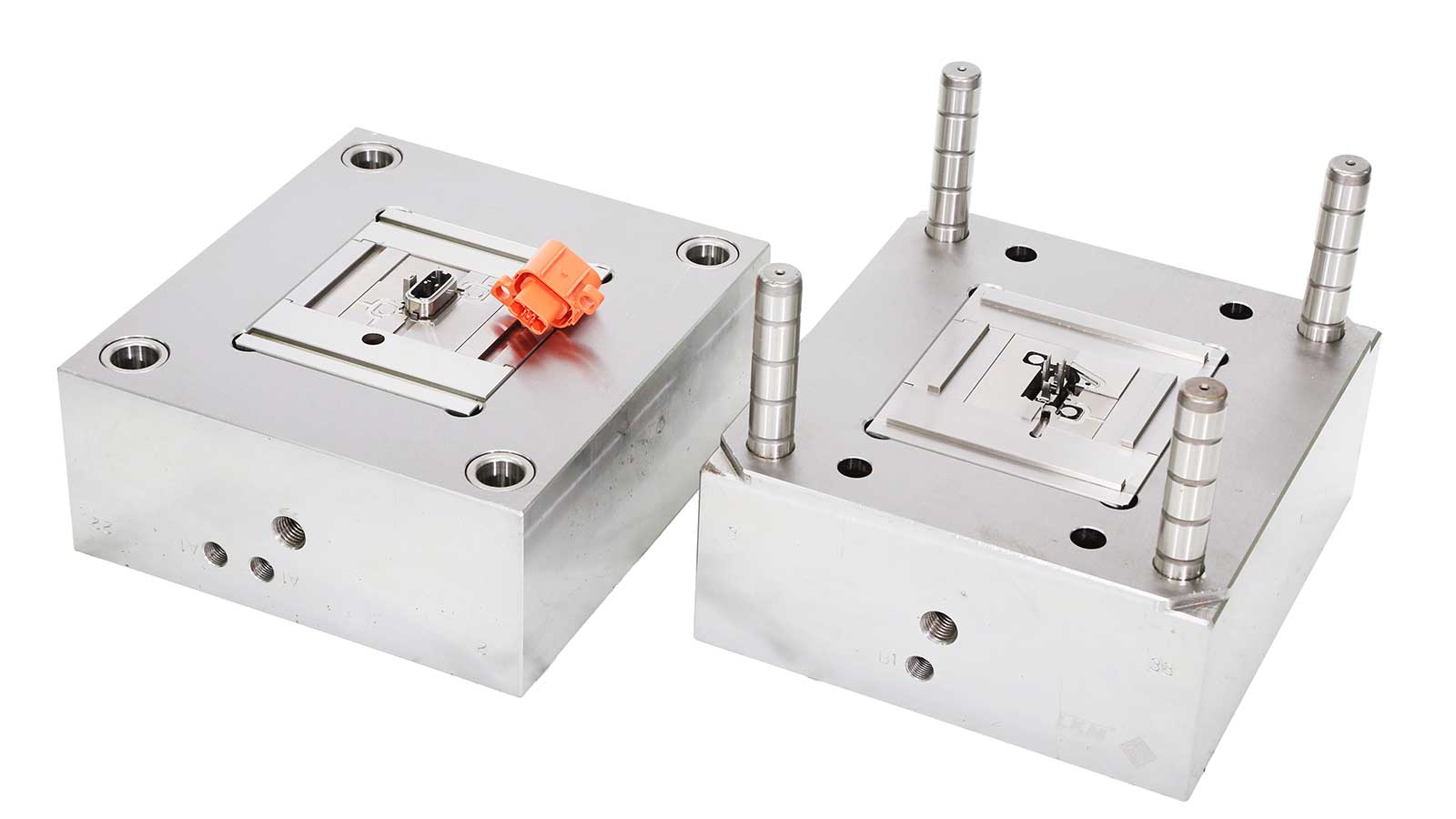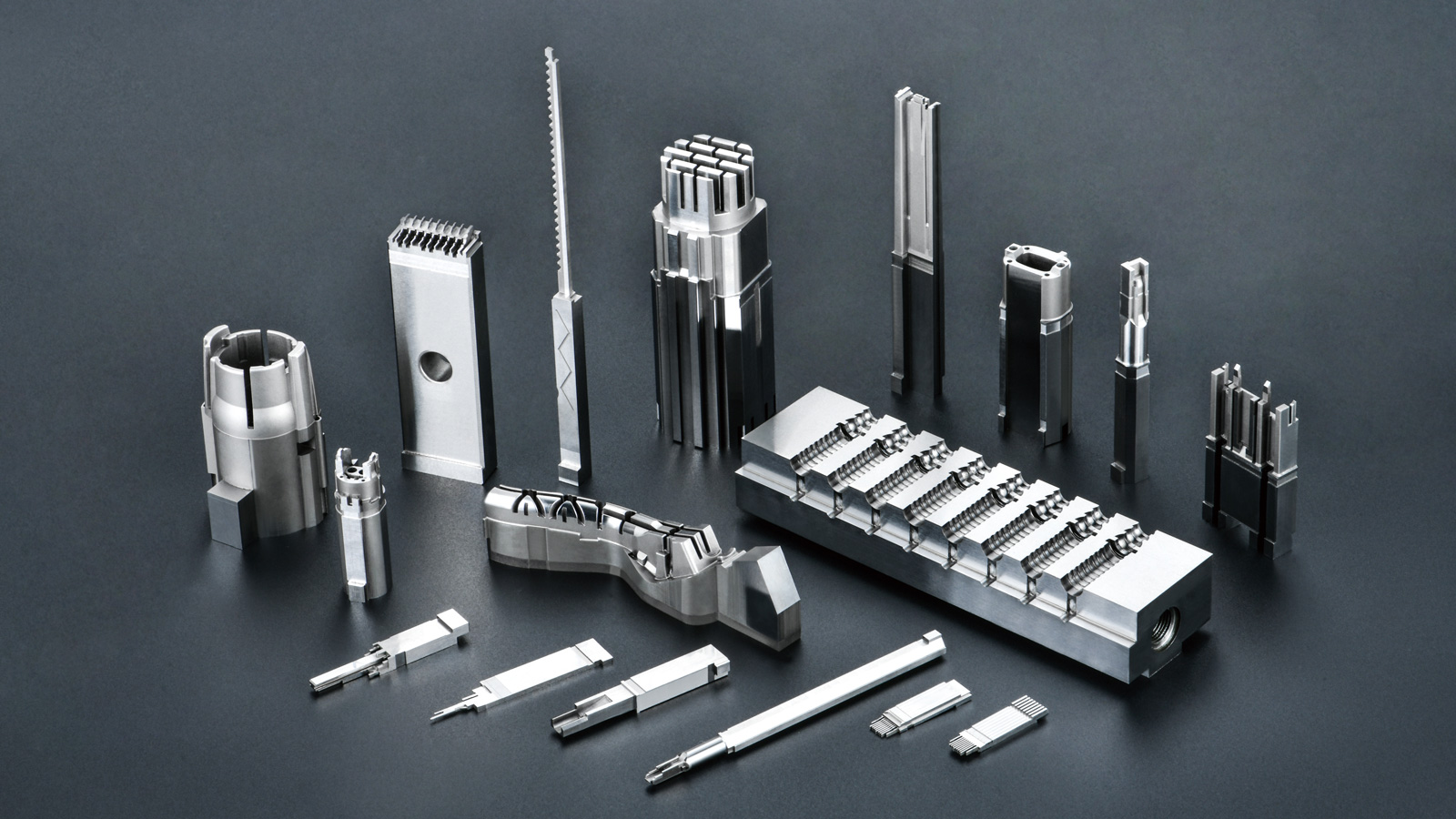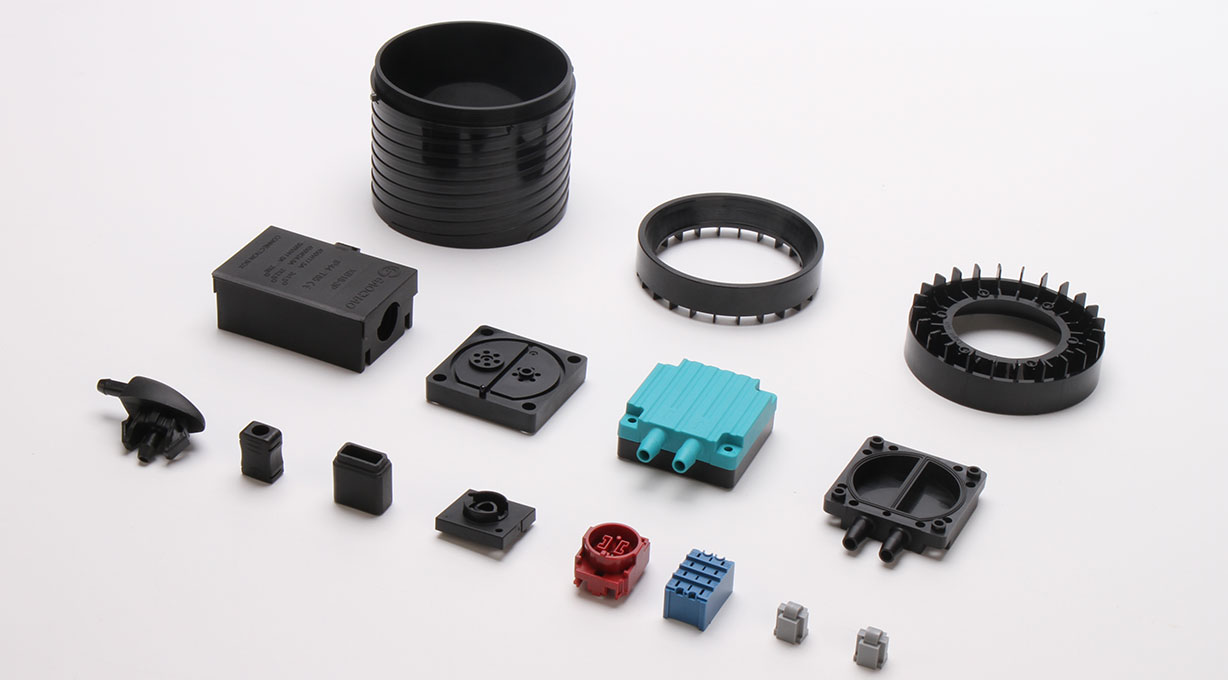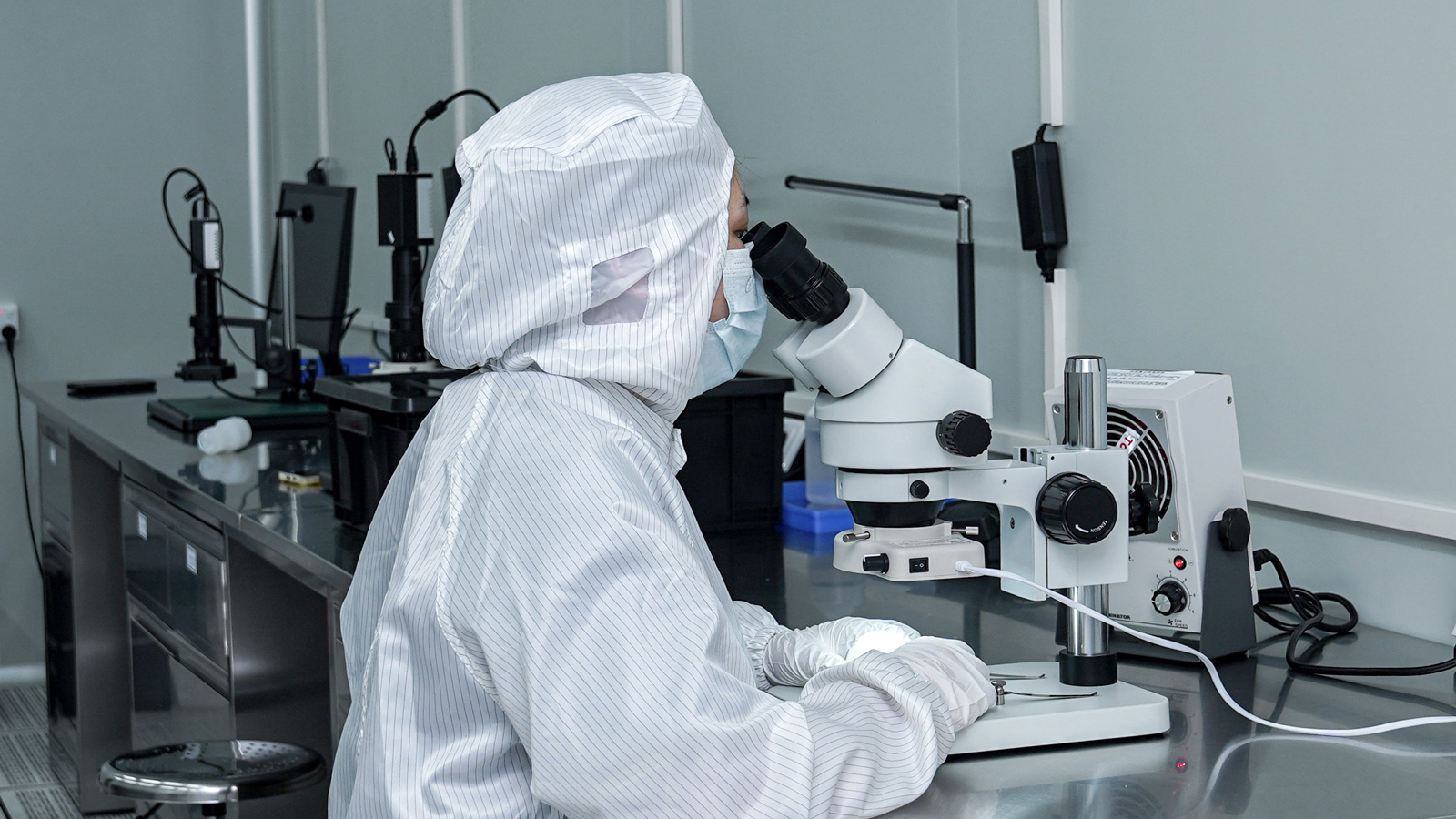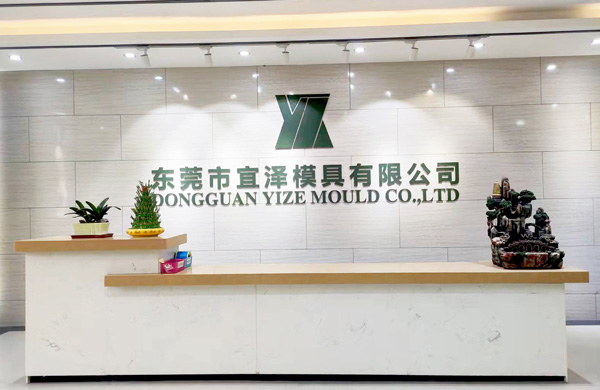In the field of plastic mold manufacturing, every link is closely connected, and the heat treatment process is a particularly crucial one. Due to the long-term exposure to high-temperature, high-pressure, and frequently abrasive working environments, plastic molds require materials with sufficient strength, toughness, and excellent bite performance. Whether the materials can meet these stringent performance requirements is decisively determined by the heat treatment process. So, what adverse effects will improper heat treatment have on plastic molds? Below is a detailed analysis.
1. Greatly Reduced Manufacturing Accuracy
If the heat treatment process is not thorough or excessive residual stress is generated during the process, the mold will deform during post-heat treatment processing, assembly, and actual use. This seemingly minor deformation is like “a breach in a great dike caused by a tiny ant hole,” significantly reducing the accuracy of the plastic mold. Imagine that the originally precisely fitting mold components develop slight deviations due to improper heat treatment. When producing plastic products, this can lead to inaccurate product dimensions and shape deformations, seriously affecting product quality and pass rates.
2. Substandard Strength Performance
Mistakes in the heat treatment process, non-standard operations, or poor condition of the heat treatment equipment can all prevent the treated materials from achieving the expected strength (hardness). A mold with insufficient strength is like a “frail warrior” that is prone to wear and fracture when subjected to high pressure and friction. This not only affects the normal use of the mold but may also cause production interruptions, resulting in huge economic losses for enterprises.
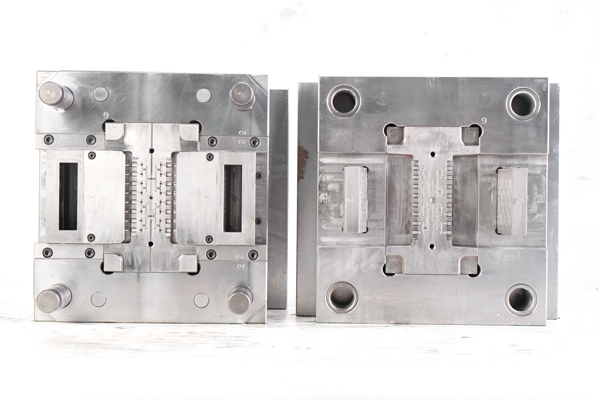
3. Significantly Shortened Service Life
Improper heat treatment can also lead to unreasonable mold microstructure and excessive grain size. These issues are like “time bombs” hidden inside the mold, gradually weakening the mold’s toughness, thermal fatigue performance, and wear resistance. As the usage time increases, the mold will develop cracks and accelerated wear more quickly, greatly shortening its service life. A mold that could originally be used for several years may become scrapped within just a few months due to improper heat treatment, undoubtedly increasing the production costs of enterprises.
4. Substantially Increased Manufacturing Costs
As a key link in the mold manufacturing process, any problems in heat treatment can have serious consequences. Issues such as cracking, excessive deformation, and substandard performance caused by heat treatment often result in irreparable damage or even scrapping of the plastic mold. Even if the mold can be repaired and continue to be used, it will consume a large amount of man-hours and extend the delivery time. Moreover, the performance of the repaired mold is often difficult to restore to its original level, and more problems may arise during subsequent use, further increasing manufacturing costs.
The heat treatment process is closely related to the quality of plastic molds, and plastic mold manufacturing is a highly precise process. Any mistake in processing can seriously affect the overall quality of the mold. Therefore, Dongguan Yize Mould suggests that when selecting a mold supplier, be sure to choose one with a complete processing flow and a sound quality assurance system to safeguard the quality of plastic molds and ensure more stable and efficient production.
